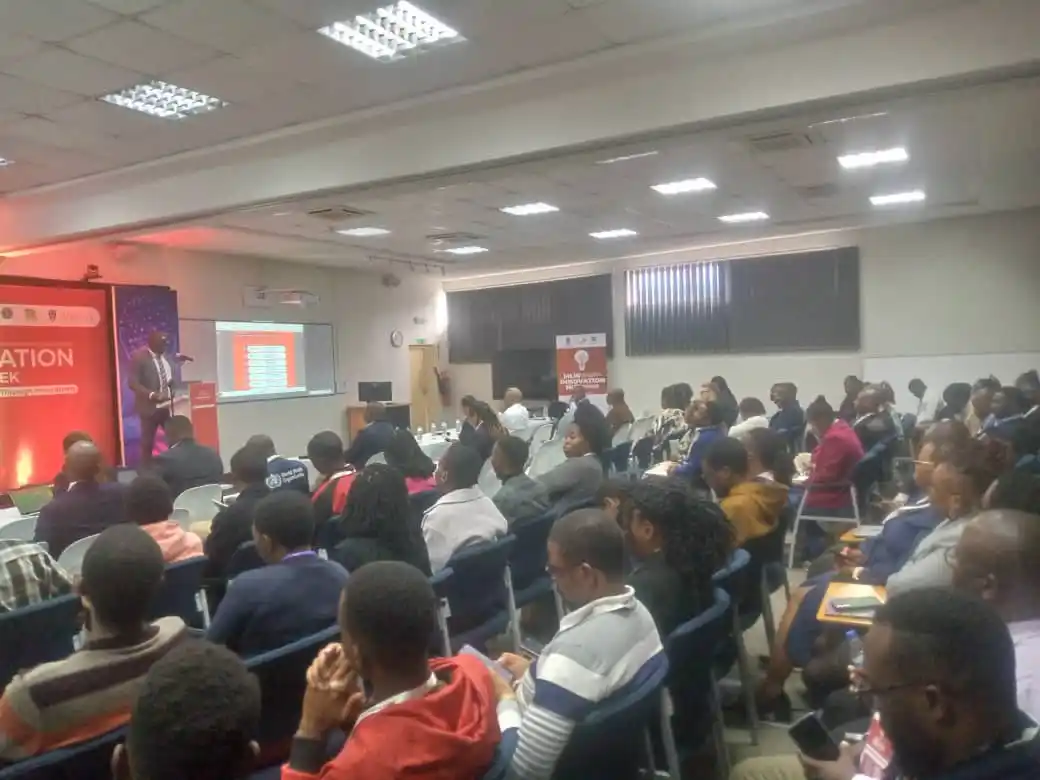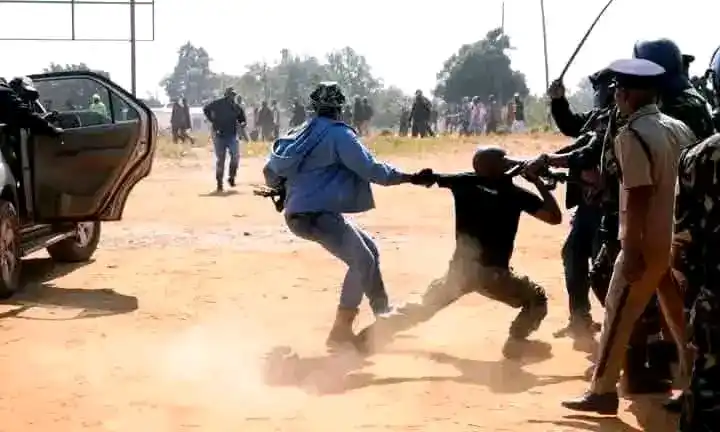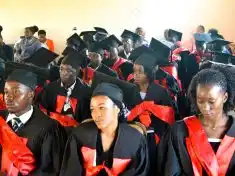
The Public Affairs Committee (Pac) has cautioned that unresolved religious disagreements could escalate into physical conflicts if left unaddressed for an extended period.
The quasi-religious organisation has underscored the importance of ongoing dialogue when religious differences arise.
Pac Publicity Secretary Bishop Gilford Matonga noted that although Malawi has generally enjoyed religious harmony, tensions between Muslims and Christians, particularly in the Eastern Region, could have potentially escalated into conflicts if not promptly resolved.
Matonga made the remarks during a meeting in Mangochi, which aimed to promote memoranda of understanding regarding religious freedom in government-aided schools, among other things.
The meeting included representatives from the Malawi Council of Churches and the Evangelical Association of Malawi, both of which had previously been excluded from a joint technical committee deliberating how to resolve disagreements concerning religious freedom in schools.
The primary issue was the wearing of hijabs by Muslim girls in government-aided schools and the dress code for Christian students in Muslim government-aided schools.
“We have observed similar situations in other countries where unchecked religious intolerance has led to physical conflicts and loss of life.
“What occurred in some areas of the Eastern Region had the potential to escalate into physical conflicts if we had not intervened in time,” Matonga said.
A few years ago, Muslims in the region protested against a decision by Christian government-aided schools to ban Muslim girls from wearing hijabs.
Matonga pointed out that in environments of religious intolerance, external forces often exploit the situation to instigate destabilisation.
He reiterated that Pac would continue to advocate for dialogue to ensure that religious differences do not lead to physical conflicts.
Saiti Jambo of the Quadria Muslim Association of Malawi, who is also a member of the committee that reviewed the hijab issue, described the agreements reached as progressive.
“One of the agreements was that Muslim girls should be allowed to wear hijabs that comply with the school uniform.
“Additionally, Christian girls will not be compelled to wear hijabs in Muslim government-aided schools,” Jambo said.
The committee also addressed several other peace-promoting issues, including prioritising dialogue in disputes similar to those from a few years ago, when school facilities were damaged due to religious differences.
Lawyer Overton Chidothe, also a member of the technical committee, said the Education Act upholds every child’s right to education and that dress codes should not infringe on this right.
Chidothe added that it is illegal to force a child to dress in a manner contrary to their religious beliefs.
“Schools receiving government support, whether Christian or Muslim, must safeguard the rights of learners in the classroom. Learners should also not be forced to study content that conflicts with their faith,” he said.
With support from the United Nations Development Programme, Pac has been implementing peacebuilding initiatives in areas identified as volatile and prone to conflict.








0 Comments